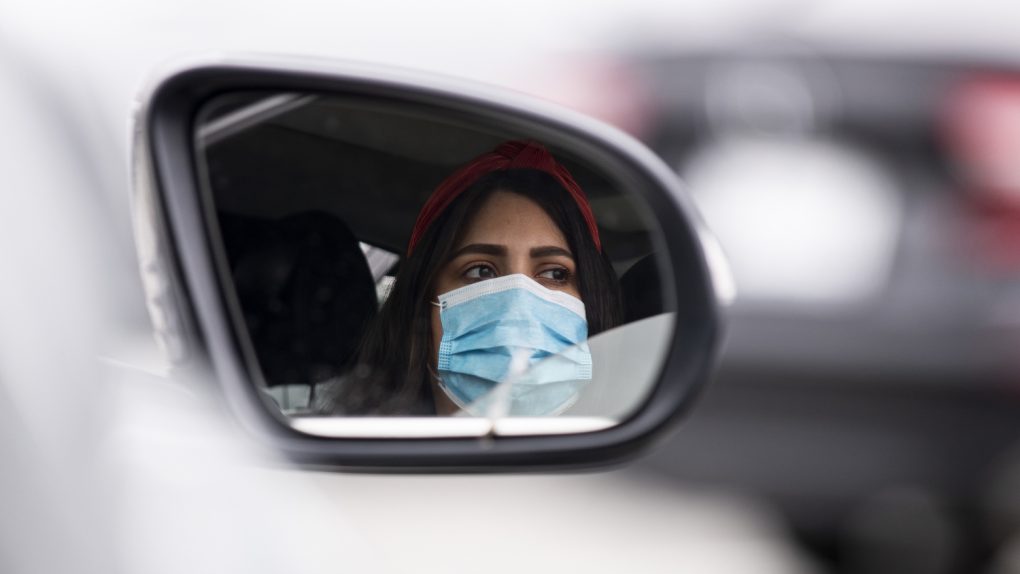- A person who tests positive for coronavirus antibodies isn’t automatically immune from exhibiting symptoms in the future.
- To date, nearly 6.5 million people have contracted the coronavirus.
- Researchers around the world are working on a coronavirus vaccine, but we likely won’t see one until 2021.
A common misconception regarding the coronavirus is that people who test positive for coronavirus antibodies are now immune to the virus. The reality, though, is that not all antibodies can prevent someone who was previously asymptomatic from experiencing more severe symptoms later on down the line.
Speaking to the matter, Knowridge Science Report recently sat down for an eye-opening and informative interview with Jonathan Fogle, an Associate Professor of Microbiology and Immunology at North Carolina State University.
As a quick primer, antibodies bind themselves to pathogens — a grouping that includes bacteria and viruses — and can prevent them from entering cells, multiplying, and ultimately wreaking havoc. What’s more, antibodies can help trigger a broader immune response that allows the body to effectively destroy a pathogen that would otherwise cause a person great harm.
Consequently, it’s only natural to assume that someone who never exhibited serious coronavirus symptoms and who has coronavirus antibodies is in the clear. Fogle, however, cautions that this is not the case.
Fogle explains that the quality of antibodies people produce can vary quite a bit. As a result, people who produce antibodies that are weaker may be prone to reinfection down the line. Some people may also produce fewer antibodies than others.
Across any population, there is a high degree of individual variability in our antibody responses to a pathogen in the amount, type and quality of antibodies that we make.
Some people make many high quality antibodies that are very good at recognizing the relevant antigen and binding to it. If this happens, the virus is rapidly bound by antibodies and eliminated before it can even cause an infection.
Other people make antibodies, but they’re not as effective at binding the pathogen.
In this situation, the antibodies only provide partial protection: they slow the virus down but the virus can still cause some degree of infection.
These individuals usually exhibit some symptoms and shed the virus for a longer period of time.
There are also some people who either produce very little or very poor quality antibodies.
In this case, although these people produce antibodies, the immunity is not very effective so they can experience prolonged infection with more severe symptoms.
They are also likely to be re-infected at a later point in time. This is one of the big unknowns with this new coronavirus: What percentage of the population falls into this category?
In a similar vein, Dr. Edward Ryan, who is the director of Global Infectious Diseases at Mass General, recently explained that “not all antibodies are created the same.”
“This is a long-term surveillance problem of whether or not patients with antibodies ever get sick again from SARS-CoV-2,” Harvard Pathology Professor Dr. John Iafrate said a few weeks back. “And we won’t know that for a while.”
The unfortunate reality is that the coronavirus may remain an ongoing issue unless a vaccine is developed. Indeed, many doctors and researchers are anticipating that a second coronavirus wave may arrive later this year. While a vaccine may be developed, even the most optimistic of health professionals indicate that an effective vaccine likely won’t be ready until 2021 at the earliest.








